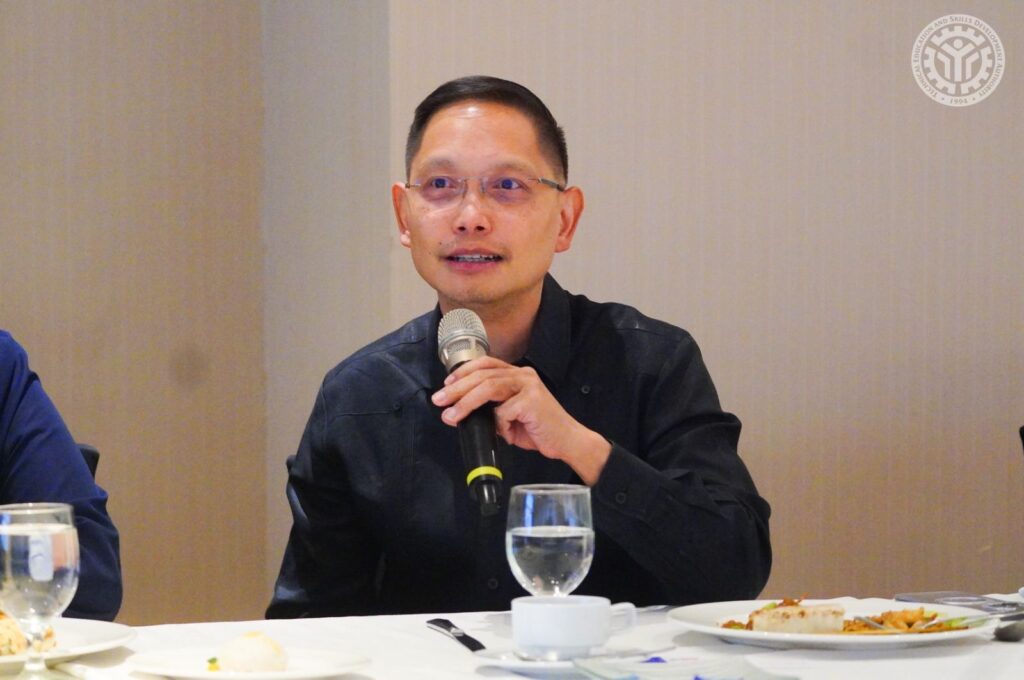TESDA approves advanced training for child development workers with P80M scholarships

The Technical Education and Skills Development Authority (TESDA) Board will start the implementation of the National Certification (NC) III for Child Development Workers (CDWs), a move that aims to professionalize the early childhood education workforce and enhance the quality of Early Childhood Care and Development (ECCD) services across the country.
“This is a recognition of the critical role that CDWs play in shaping the lives of our youngest learners,” said TESDA Secretary and former Second Congressional Commission on Education (EDCOM 2) Commissioner Kiko Benitez in a statement.
With the NC III for ECCD, parents and guardians can be confident that our CDWs will gain the competencies needed to help children aged 0 to 4 in their holistic development, Benitez added.
The initiative is in line with Republic Act 12199 or the ECCD System Act, which mandates improved training and qualifications, better compensation and continued professional development for CDWs and Child Development Teachers (CDTs).
The creation of the NC III also responds to findings from EDCOM 2’s Year One Report, which revealed that 16.8% or 11,414 of the country’s CDWs have only completed high school. Moreover, 89% of CDWs remain in non-permanent positions, earning an average of only P5,000 per month, leaving many without job security or access to regular benefits.
In its Year Two Report, the commission called for “fixing the foundations” of the education system, which includes ensuring early nutrition, increasing access to early childhood education, and strengthening literacy from Kindergarten to Grade 3.
The development of the NC III follows EDCOM 2 Co-Chairperson Senator Sherwin Gatchalian’s successful endorsement of an P80-million allocation in the 2025 national budget to support the program’s implementation.
“We have more than 68,000 CDWs nationwide, many of whom have not been given the tools, training, or compensation that will help them effectively perform their duties,” Gatchalian said. “This certification is a crucial step toward their professionalization, which will improve both the delivery and quality of ECCD programs and services.”
Representative Roman Romulo, also an EDCOM 2 co-chairperson, underscored the importance of investing in CDWs.
“We cannot solve the learning crisis without first strengthening its foundation—and Child Development Workers are at the frontlines,” he said. “The newly approved TESDA NC III is a key step in investing in their skills, dignity and future.”
Under the approved Training Regulations, CDWs will receive standardized training and assessment in early childhood care, development curriculum implementation, center management and child progress assessment.
To ensure effective implementation, TESDA has also launched the Regional Lead Trainers’ Development Program, which aims to build a qualified pool of trainers capable of cascading the new standards. Regional Lead Trainers will also undergo a two-week industry immersion as part of their preparation.
The program is scheduled to conclude by May 28, 2025.


